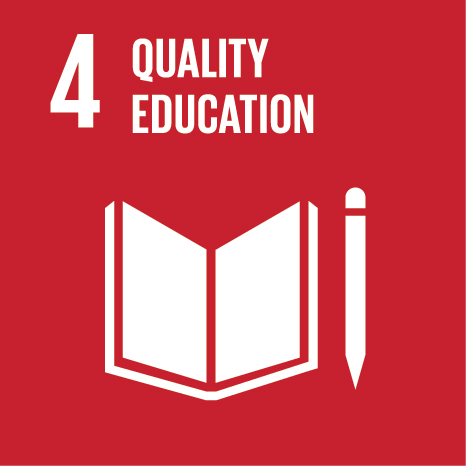 +265(0)111 624 222
+265(0)111 624 222 research@unima.ac.mw
research@unima.ac.mw Chirunga-Zomba, Malawi
Chirunga-Zomba, Malawi
Decolonisation as Democratising African Higher Education
Abstract
In this chapter, we (Chikumbutso Herbert Manthalu and Yusef Waghid) present the central argument—that is, the project of decoloniality is not a political ideology but an ideal of democracy. The aftermaths of the colonial experience are still affecting present-day Africa. Despite the attainment of political decolonisation, the education domain, especially higher education, still retains the colonial heritage. The discourse of decolonisation of education has for a long time largely pertained to eliminating educational content and symbols of colonisation in order to achieve representation of particular historically marginalised epistemologies and metaphysics of the oppressed people. This book, however, largely understands coloniality as oppressive and marginalisation forces that guide modernity and which are a mutation of the heritage of colonialism in African higher education.
| Original language | en |
| Pages (from-to) | 241-253 |
| Publication status | Published - 2019 |
UN SDGs
This research output contributes to the following United Nations (UN) Sustainable Development Goals (SDGs)

License
https://www.springer.com/tdmUN SDGs
This research output contributes to the following United Nations (UN) Sustainable Development Goals (SDGs)

License
https://www.springer.com/tdmUN SDGs
This research output contributes to the following United Nations (UN) Sustainable Development Goals (SDGs)

License
https://www.springer.com/tdm